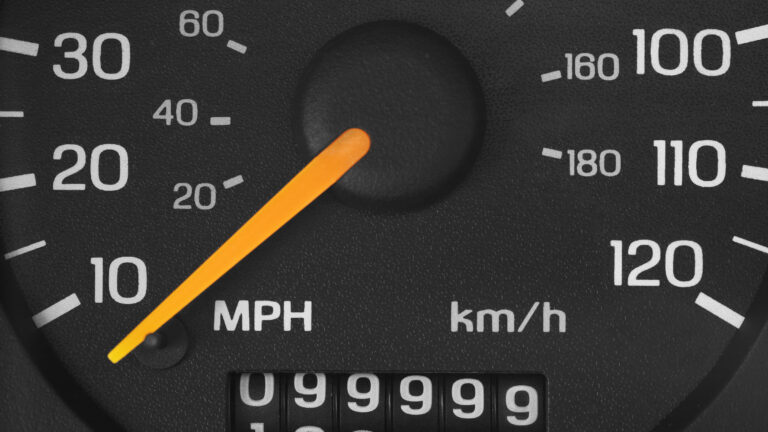I recently wrote a story about the wild ride of the Starliner spacecraft to the International Space Station last summer. It was based largely on an interview with the commander of the mission, NASA astronaut Butch Wilmore.
His account of Starliner’s thruster failures—and his desperate efforts to keep the vehicle flying on course—was riveting. In the aftermath of the story, many readers, people on social media, and real-life friends congratulated me on conducting a great interview. But truth be told, it was pretty much all Wilmore.
Essentially, when I came into the room, he was primed to talk. I'm not sure if Wilmore was waiting for me specifically to talk to, but he pretty clearly wanted to speak with someone about his experiences aboard the Starliner spacecraft. And he chose me.
So was it luck? I’ve been thinking about that. As an interviewer, I certainly don’t have the emotive power of some of the great television interviewers, who are masters of confrontation and drama. It's my nature to avoid confrontation where possible. But what I do have on my side is experience, more than 25 years now, as well as preparation. I am also genuinely and completely interested in space. And as it happens, these values are important, too.
Interviewing is a craft one does not pick up overnight. During my career, I have had some funny, instructive, and embarrassing moments. Without wanting to seem pretentious or self-indulgent, I thought it might be fun to share some of those stories so you can really understand what it’s like on a reporter’s side of the cassette tape.
March 2003: Stephen Hawking
I had only been working professionally as a reporter at the Houston Chronicle for a few years (and as the newspaper’s science writer for less time still) when the opportunity to interview Stephen Hawking fell into my lap.
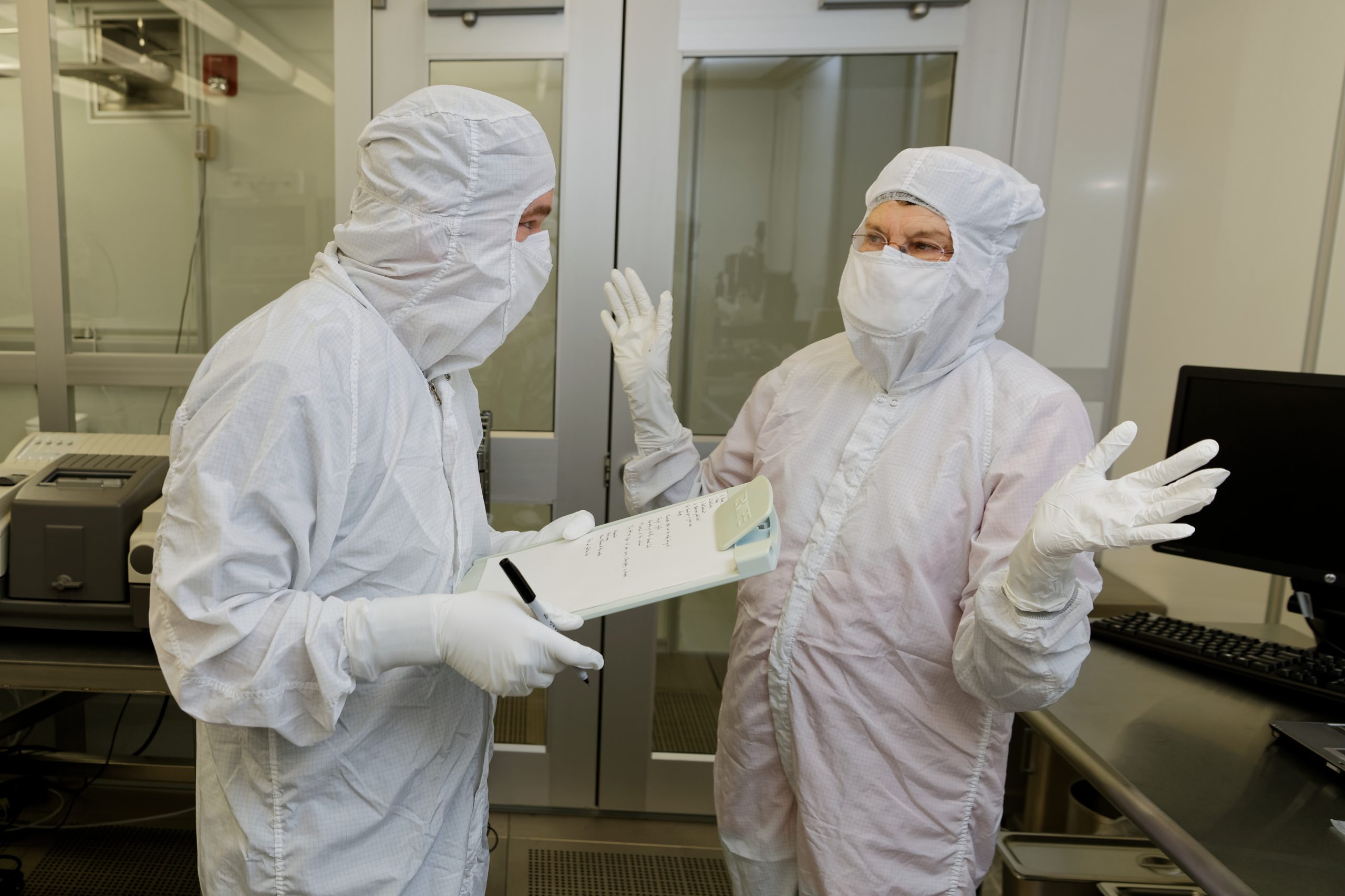
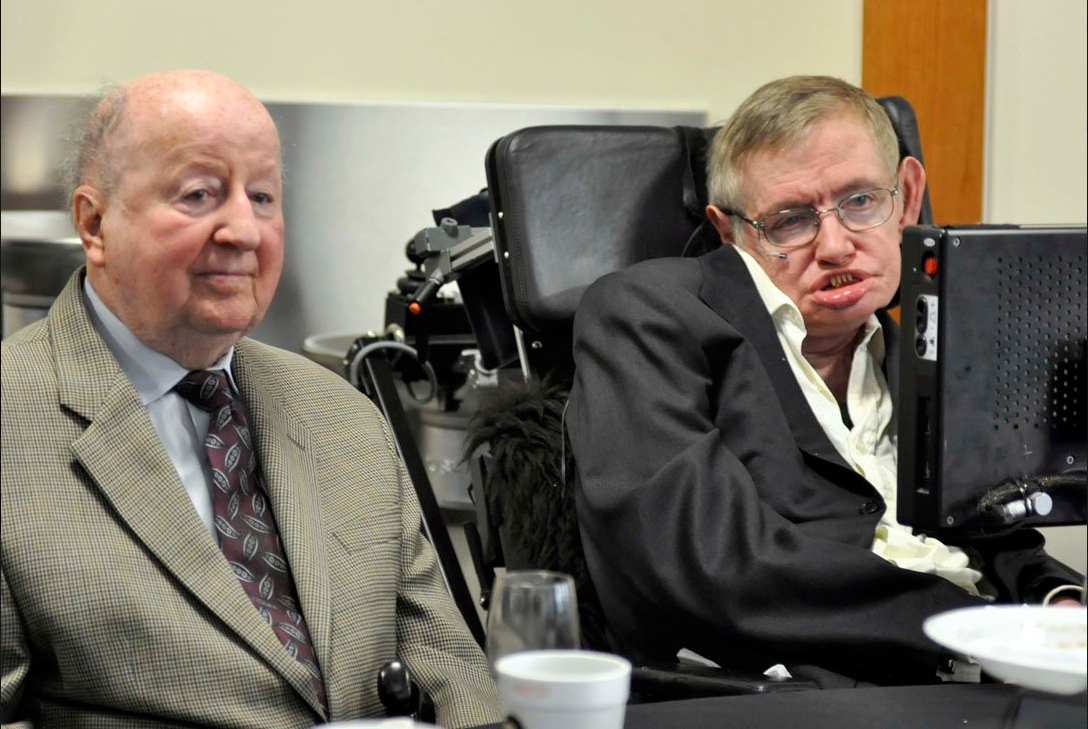
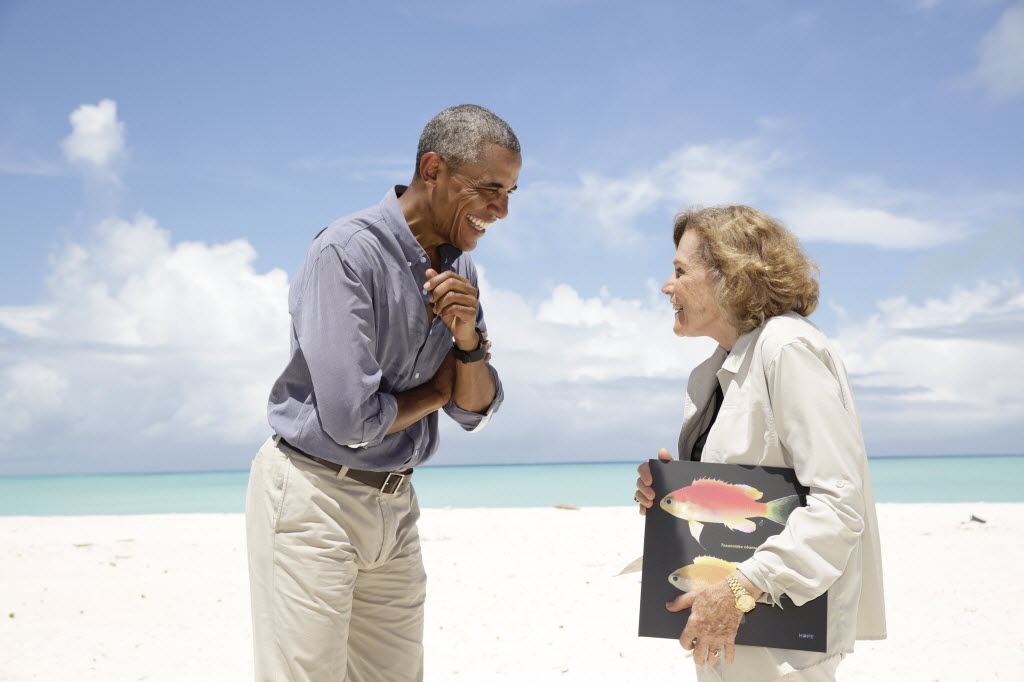
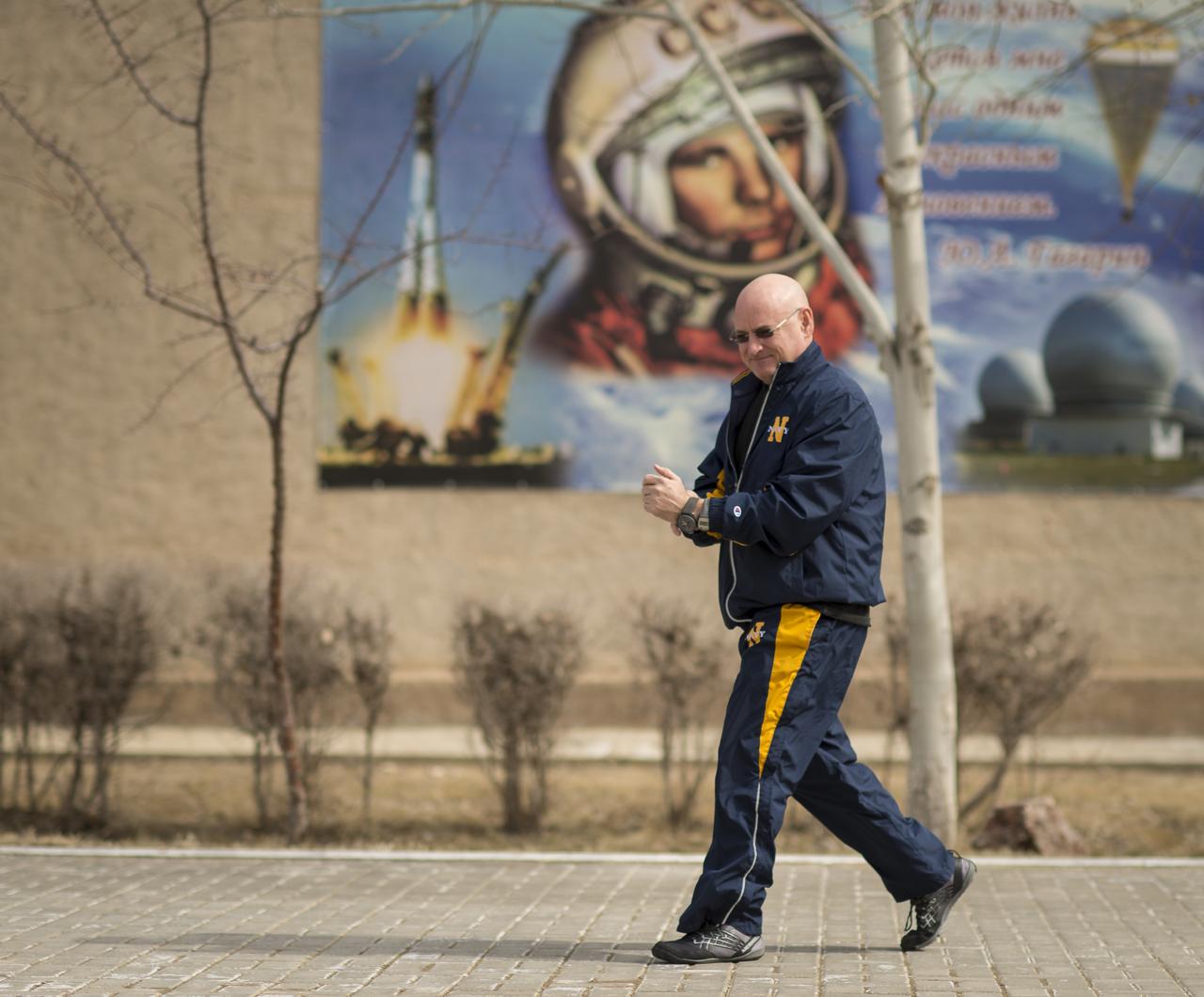
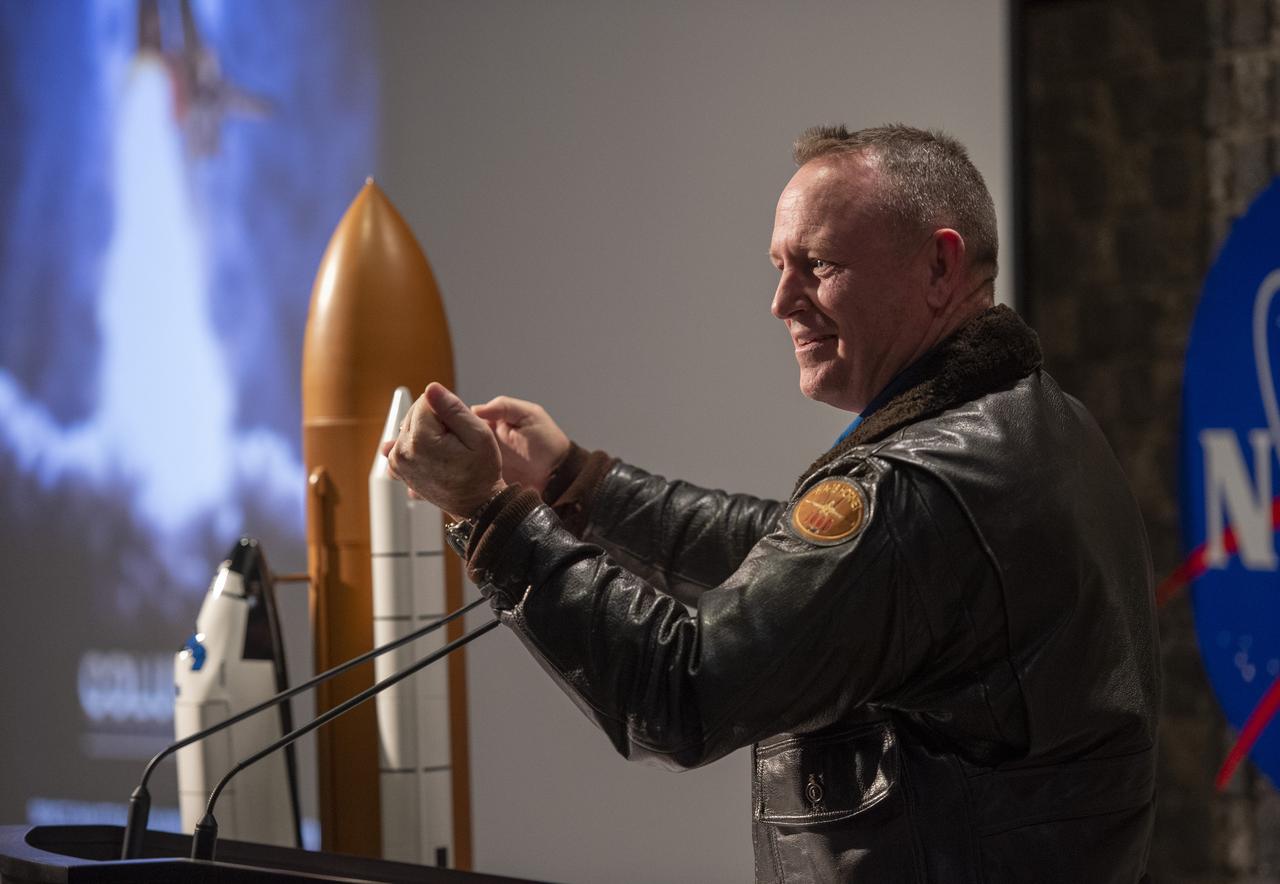
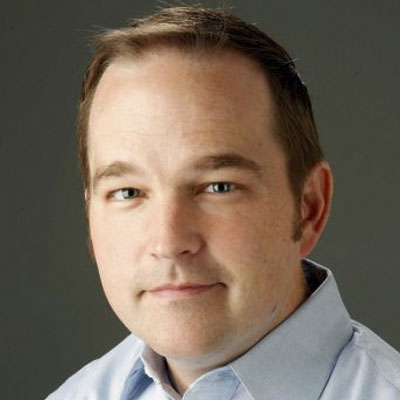
 Loading comments...
Loading comments...
